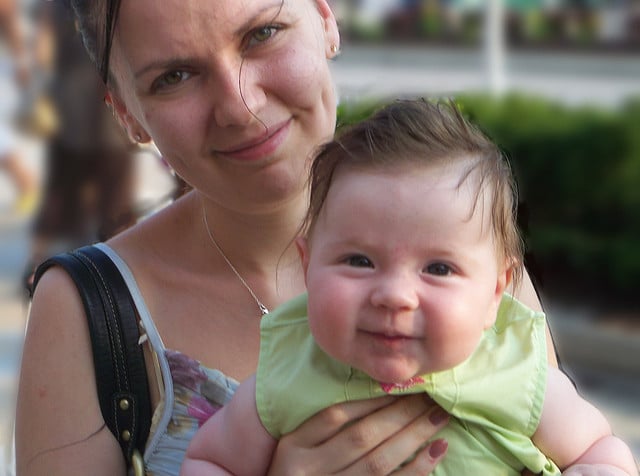Some women prioritize children early. Others only after they’ve spent some time on themselves or their career. For the women who choose to wait a little longer to have children, there has always been the concern of age-related infertility. Well now, science may be coming close to an end of the “biological clock.”
The accepted wisdom has always been that women are born with all the viable eggs they’ll ever have, and those eggs will only be good for so long, so there’s an expiration date. However, back in 2004, biologist Jonathan Tilly and his team discovered the existence of egg precursor cells (EggPCs) in the outer cortex of the ovaries of mice. Later, they proved that these EggPCs could grow into mature eggs that could be fertilized and grow into healthy baby mice. In 2012, Tilly found these cells in humans and and these could be cultivated into mature eggs, too. So, that accepted wisdom we’ve been hearing about shouldn’t be as accepted as all that.
Now, a company called OvaScience has come up with a technology called OvaPrime, which will extract a woman’s EggPC cells and reintroduce them into the central part of the ovary, where they can grow into mature eggs. Since EggPCs are younger than regular eggs (they’re basically egg stem cells, which are the youngest cells in the body), they produce more energy, and so are less likely to have chromosomal abnormalities and will have the energy needed to divide properly, grow, and stay healthy throughout.
According to The Daily Beast:
OvaScience has already introduced a procedure called Augment, in which regular eggs retrieved with IVF are injected with mitochondria from EggPCs. In a group of women who had already failed IVF—sometimes multiple times—26 percent of women 40 and under achieved a viable pregnancy with Augment treatment. The results for those 41 or older were not as good, with only 1 out of 19 (5.3 percent) achieving a lasting pregnancy after Augment.
That could be because Augment is done after egg retrieval, when most of meiosis has already occurred. OvaPrime, on the other hand, uses EggPCs from the beginning. With their better mitochondria, these eggs should be more likely to divide normally.
Now, OvaPrime isn’t being tested until the end of the year, and there’s still a long way to go before we know how viable this is, or if it’s even realistically affordable. However, this is still great news for women who want to have children of their own later in life. Any step toward greater reproductive autonomy for women is a great one.
—Please make note of The Mary Sue’s general comment policy.—
Do you follow The Mary Sue on Twitter, Facebook, Tumblr, Pinterest, & Google +?









Published: Sep 15, 2015 07:00 pm